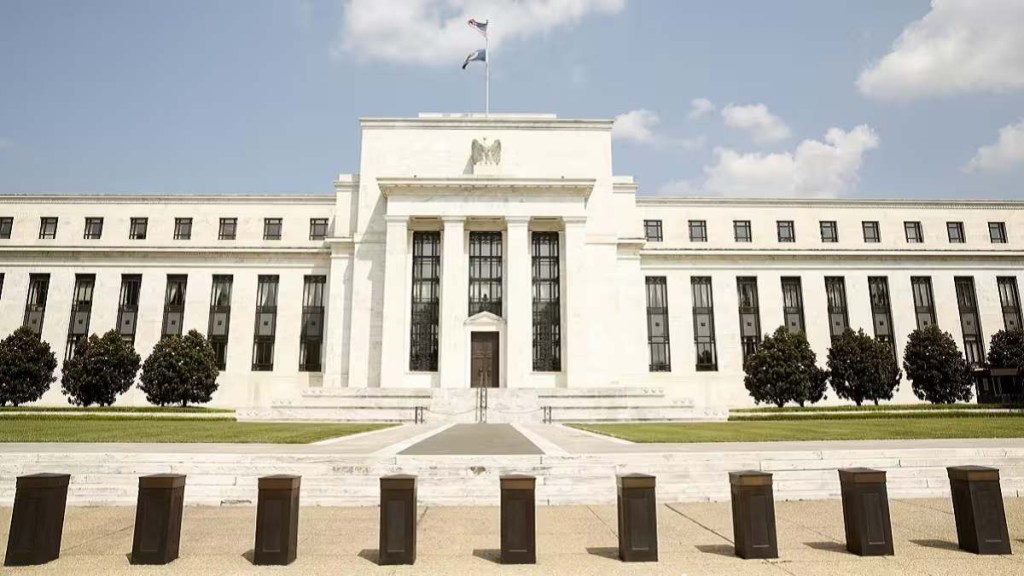By José Torres
Investors expecting the Federal Reserve to cut interest rates this year or early next year based on expectations that inflation will decline quickly may not want to uncork the champagne just yet.
Contrary to many investors’ expectations for the central bank to turn dovish in the coming months, the Fed is likely to keep the fed funds rate elevated and policy restrictive for an extended period and doesn’t expect core inflation, which has been declining at a painfully slow pace, to hit the central bank’s target anytime soon, according to Powell, who spoke recently at the European Central Bank’s Forum in Sintra, Portugal.
Additionally, he anticipates keeping the fed funds rate elevated even once inflation hits the 2% level to prevent a resurgence of inflation, he explained.
Headline inflation has fallen because energy and commodities prices that had peaked due to the Russian invasion of Ukraine have declined, but core inflation has been stubbornly high, a result of persistently strong services spending that is supporting a tighter-than-expected job market.
Powell said the Fed is likely to raise the fed funds rate two more times this year, which is consistent with the majority of Fed members based on the Summary of Economic Projections, or Dot-Plot, from the FOMC’s June 14 meeting when policymakers decided to skip a rate hike after increasing the rate during ten consecutive meetings.
An anticipated July 25-basis point (bp) increase would set the rate at 5.38%, its highest rate in 17 years. The Fed has raised rates quickly—it increased the rate a minimum of 50 bps during each of its last six meetings in 2022 and then proceeded with 25-bps increases during its first three meetings of this year.
It’s too soon to assess the impact of the rate changes to see the full effect of the tightening because of the rapid nature at which the increases were made, Powell explained. The Fed may decide to make increases at every other meeting to give monetary policy more time to impact the economy between rate changes, but making increases at consecutive meetings hasn’t been ruled out.
(Author is Senior Economist at Interactive Brokers)

